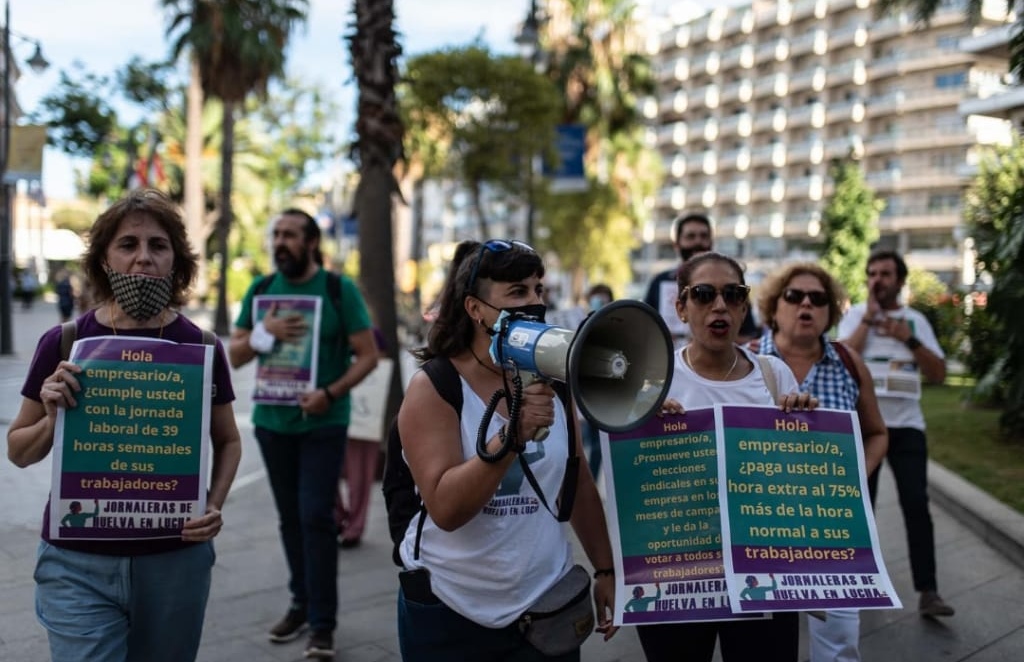This post is also available in: Français (French) العربية (Arabic)
These articles take us to 6 countries. First of all to Morocco, where young girls tell how they are faced with menstrual precariousness, hiding this monthly blood with makeshift means in territories where menstruation – a real taboo – is still stricken with shame. As Lina Meskine reports, some girls have experienced the unfortunate appearance of a bloodstain on their clothing in a traumatic way, sometimes going so far as to drop out of school. Nevertheless, feminist associations are committed to changing mentalities in this regard.
We continue this journey in Tunisia with Olfa Belhassine who takes the road to meet female agricultural workers in the Regueb region. The courage of these women is breathtaking. They wake up every day at dawn to go to work at the risk of their lives. The “death trucks” that drive them to the olive groves are very dangerous. While men are deserting agriculture, paid half of what they earn, these women are the ones who guarantee, despite appalling working conditions, the food security of their families and the entire country.
In the tobacco plantations of southern Lebanon, the situation is hardly more gratifying since the fundamental rights of seasonal workers are undermined in three ways: overexploitation of the female workforce (including those of Syrian refugees), minors forced to work at will, sexual violence seals the combination of all the abuses orchestrated by a patriarchal system, and the collusion between politics and tobacco monopoly. “Speaking out would cost her her life”, says Rana Khoury in her article about “Layla”, a young woman doubly abused, by her rapists, and by paternal condemnation.
In rural areas, migrant women are particularly faced with oppression and abuse. Far from being only present in the southern shore of the Mediterranean, as Fabiola Barranco tells us, this phenomenon is also true in Spain. Thus, to punish her for having denounced the non-regulatory conditions of agricultural workers in Huelva in Andalusia, Ana was automatically integrated into the group of Moroccan workers. Instead of destroying her, this sanction turned into a significant friendship and a feminist and anti-racist struggle to defend the rights of day laborers of all origins.
The bonds of these women for whom rurality is both the “place of their alienation and their emancipation” are strengthened with solidarity, sisterhood, mutual aid, stories, laughter and humor. Far from tearful scenarios, these feminine forces share a close relationship with the earth. This is the case of the many women who have invested in the rural world: “Breeding, beekeeping, craft micro-enterprises and projects developed by women are no longer rare”, explains Ghania Khelifi in the portrait she devotes to Atika, an outstanding Algerian farmer.
Love of nature, thirst for independence and freedom have shaped the journey of the Italian shepherdesses about which Federica Araco writes in her article. From the Alps to the Aspromonte, passing through Sardinia and Sicily, we travel across the pastures where these women have decided to live sometimes against all odds. Like Rossella who lives on a rocky outcrop in Grecian Calabria, they all share the same desire for a more respectful relationship with animals and the environment as well as a simple way of life based on the essentials, such as the embodiment of a true ecofeminism.
